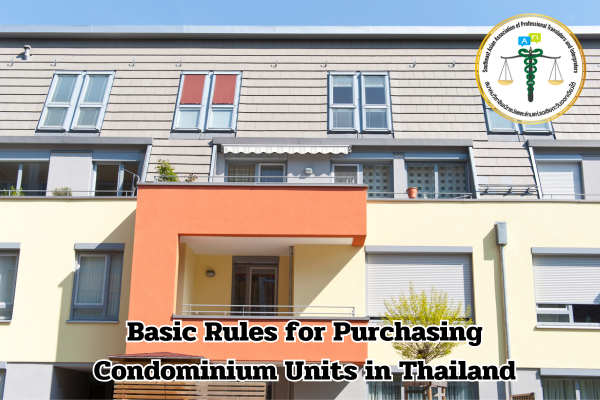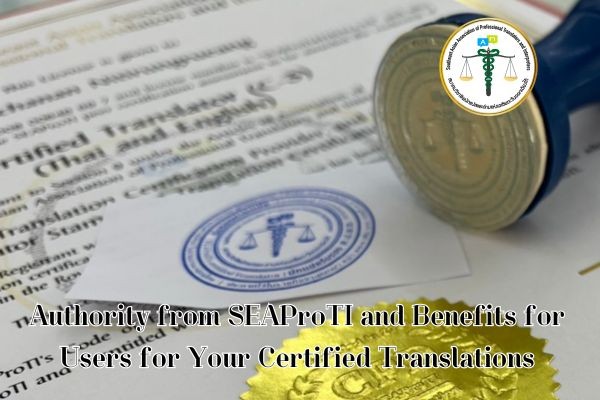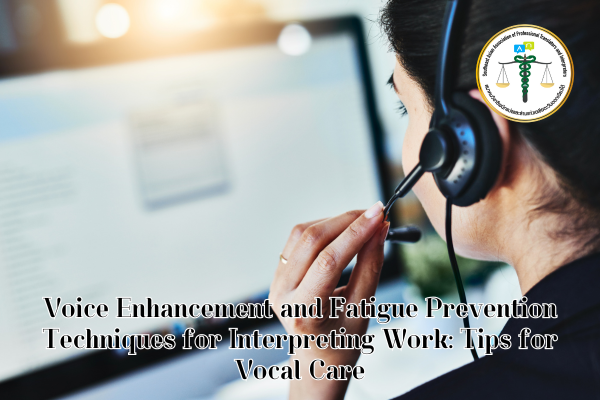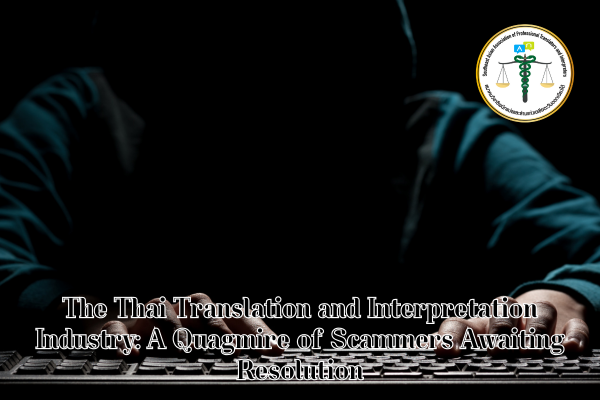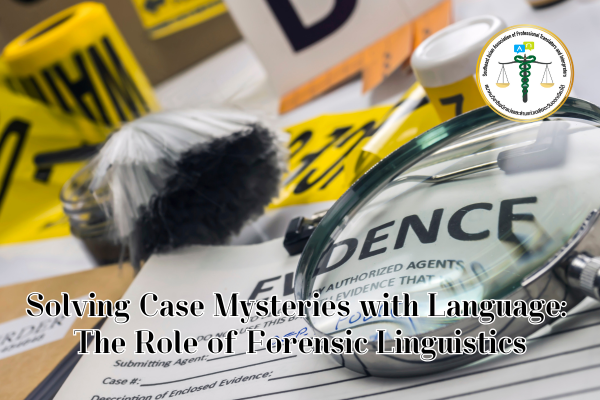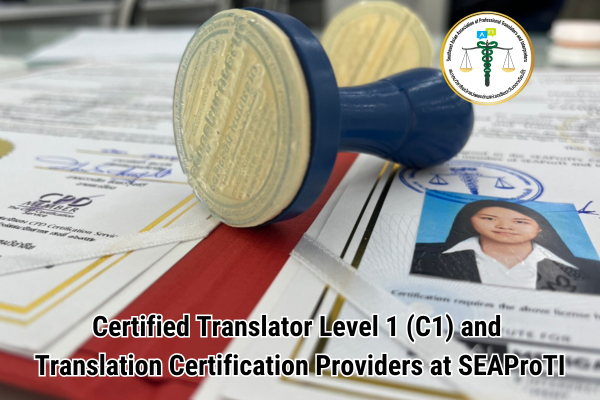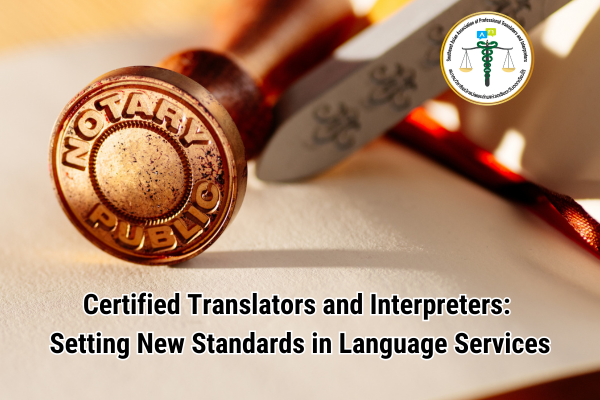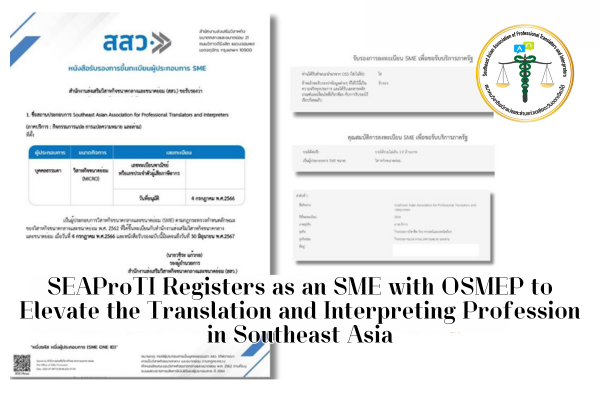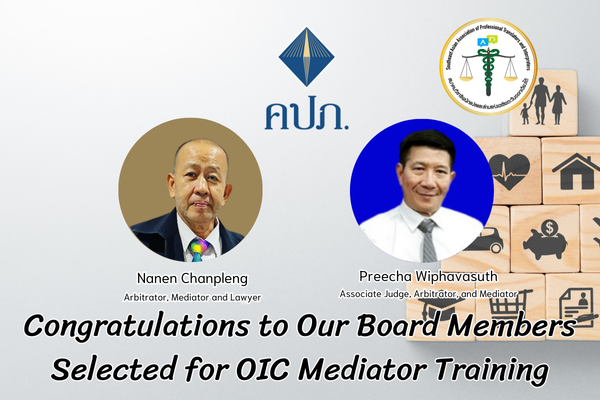Basic Rules for Purchasing Condominium Units in Thailand
17 February 2025, Bangkok – In Thailand, foreign nationals are prohibited from acquiring land, which limits most to the option of purchasing condominium units. Under the Condominium Act of 2008 (B.E. 2522), regulations were established to guide all matters related to condominiums, including registration of condominium projects, unit ownership, title deeds, registration of rights, juristic acts, fees, penalties, and the revocation of condominiums.
A fundamental rule to be aware of is the ownership distribution within condominium buildings. Thai nationals must own at least 51% of the condominium, leaving foreign ownership to a maximum of 49%. Additionally, foreign buyers are required to demonstrate that the funds used to purchase the property have originated from overseas.
To ensure this process is legitimate, the foreign buyer must hold two bank accounts—one overseas and another in Thailand. The funds to be used for the property purchase must remain in foreign currency, and the bank must issue a certificate confirming that the funds were transferred from an overseas bank. This certificate, known as a Foreign Exchange Transaction Slip, must be presented at the Land Office on the day of ownership transfer.
Foreign buyers should ensure that the ownership ratio is compliant with the law and obtain the necessary certificates from local banks before proceeding with their condominium purchase.
The Role of Certified Translators and Interpreters in Purchasing a Condominium
For foreign buyers who are not familiar with Thai or the legal terminology used in property transactions, translation and interpretation services become essential. In these situations, certified translators and interpreters play an integral role in ensuring the smooth execution of the transaction and preventing misunderstandings.
Certified translators, particularly those recognized by professional associations like the Southeast Asian Association of Professional Translators & Interpreters (SEAProTI), are crucial for translating important documents, such as purchase agreements, title deeds, and foreign exchange transaction slips. These documents require accurate and precise translation to comply with the legal standards in Thailand. Misinterpretation of any part of the contract or legal document could lead to complications or legal disputes, which is why relying on qualified and certified translators is vital.
In addition to translation, interpreters also play an essential role in verbal communication during the transaction process. If the foreign buyer does not speak Thai fluently, interpreters assist in conveying information accurately during meetings with the Land Office, banks, or real estate agents. Certified interpreters from SEAProTI ensure that communication between all parties involved—whether it be a local representative or a foreign buyer—is clear and precise. This ensures that both parties fully understand the terms of the agreement and the necessary steps for transferring ownership.
Conclusion
Purchasing a condominium unit in Thailand as a foreigner involves navigating legal requirements, such as the ownership ratio and the necessary documentation to prove the funds are sourced from overseas. To facilitate this process, certified translators and interpreters are indispensable in ensuring the smooth and accurate translation of legal documents and communication between parties. Their role in helping foreign buyers understand the transaction process and comply with Thai regulations is essential for avoiding potential issues and ensuring a successful property purchase.
Professional translation and interpretation services are key to making property transactions in Thailand efficient and legally sound for foreign nationals. Whether through document translation or in-person interpreting, SEAProTI-certified experts play a significant role in bridging the gap between languages and cultures.
SEAProTI’s certified translators, translation certification providers, and certified interpreters:
The Southeast Asian Association of Professional Translators and Interpreters (SEAProTI) has officially announced the criteria and qualifications for individuals to register as “Certified Translators,” “Translation Certification Providers,” and “Certified Interpreters” under the association’s regulations. These guidelines are detailed in Sections 9 and 10 of the Royal Thai Government Gazette, issued by the Secretariat of the Cabinet under the Office of the Prime Minister of the Kingdom of Thailand, dated July 25, 2024, Volume 141, Part 66 Ng, Page 100.
To read the full publication, visit the Royal Thai Government Gazette
กฎเกณฑ์พื้นฐานในการซื้อคอนโดมิเนียมในประเทศไทย
17 กุมภาพันธ์ 2568, กรุงเทพมหานคร – การซื้อคอนโดมิเนียมในประเทศไทยเป็นทางเลือกที่หลายคนเลือกเมื่อมาที่นี่ อาจเพื่อที่อยู่อาศัยหรือการลงทุน โดยเฉพาะชาวต่างชาติที่ไม่สามารถซื้อที่ดินในประเทศไทยได้ แต่สามารถซื้อห้องชุดในอาคารคอนโดมิเนียมได้ตามกฎหมายที่กำหนดไว้ในพระราชบัญญัติอาคารชุด พ.ศ. 2522 ซึ่งเป็นกฎหมายที่ควบคุมการซื้อขายและการเป็นเจ้าของคอนโดมิเนียมในประเทศ
ตามกฎหมายนี้ การถือครองคอนโดมิเนียมในประเทศไทยสำหรับชาวต่างชาติจะต้องเป็นไปตามข้อกำหนดสำคัญ ซึ่งหลักๆ คือ ชาวต่างชาติสามารถเป็นเจ้าของห้องชุดในคอนโดมิเนียมได้ไม่เกิน 49% ของจำนวนห้องชุดทั้งหมดในอาคารนั้นๆ ส่วนอีก 51% ต้องเป็นเจ้าของโดยคนไทย นอกจากนี้ การซื้อคอนโดมิเนียมยังมีข้อกำหนดเกี่ยวกับการแสดงหลักฐานการโอนเงินจากต่างประเทศ ซึ่งผู้ซื้อจะต้องเปิดบัญชีธนาคารทั้งในต่างประเทศและในประเทศไทย และแสดงหลักฐานการโอนเงินจากต่างประเทศด้วยใบรับรองการทำธุรกรรมแลกเปลี่ยนเงินตราต่างประเทศจากธนาคาร
การปฏิบัติตามข้อกำหนดเหล่านี้ไม่ใช่แค่เรื่องของการถือครองที่พักเท่านั้น แต่ยังเป็นกระบวนการทางกฎหมายที่สำคัญเพื่อให้การซื้อคอนโดมิเนียมเป็นไปตามกฎหมายไทย ซึ่งในการดำเนินการต่างๆ เหล่านี้ ผู้ซื้อชาวต่างชาติจะต้องได้รับความช่วยเหลือจากนักแปลและล่ามเพื่อให้ทุกขั้นตอนเป็นไปได้อย่างราบรื่น
บทบาทของนักแปลรับรองและล่ามในการซื้อคอนโดมิเนียม
ในขั้นตอนต่างๆ ของการซื้อคอนโดมิเนียม ผู้ซื้อที่ไม่เข้าใจภาษาไทยหรือไม่คล่องในการสื่อสารภาษาไทยอาจต้องเผชิญกับความท้าทายในการทำความเข้าใจเอกสารทางกฎหมายต่างๆ เช่น สัญญาซื้อขาย โฉนดที่ดิน หรือเอกสารทางการเงิน การแปลเอกสารเหล่านี้จึงเป็นเรื่องที่สำคัญอย่างมาก และนี่คือที่มาของบทบาทของนักแปลและล่ามที่ได้รับการรับรองจากสมาคมวิชาชีพนักแปลและล่ามแห่งเอเชียตะวันออกเฉียงใต้ (SEAProTI)
นักแปลรับรองที่ได้รับการรับรองจากสมาคม SEAProTI จะทำหน้าที่แปลเอกสารต่างๆ ที่เกี่ยวข้องกับการซื้อขายคอนโดมิเนียมให้ถูกต้องและเป็นทางการ โดยเฉพาะอย่างยิ่งการแปลเอกสารทางกฎหมายที่มีความสำคัญ เช่น สัญญา โฉนด และเอกสารการโอนเงินจากต่างประเทศ ซึ่งเป็นเอกสารที่ต้องการความแม่นยำสูง การแปลเอกสารที่ไม่ถูกต้องอาจทำให้เกิดความเข้าใจผิดและส่งผลกระทบต่อการทำธุรกรรมได้
ในส่วนของล่ามรับรอง บทบาทของล่ามจะช่วยในการสื่อสารระหว่างผู้ซื้อและหน่วยงานต่างๆ เช่น สำนักงานที่ดิน ธนาคาร หรือหน่วยงานที่เกี่ยวข้องในการโอนกรรมสิทธิ์ของคอนโดมิเนียม ล่ามที่ได้รับการรับรองจากสมาคม SEAProTI จะทำหน้าที่ในการแปลภาษาอย่างถูกต้องและช่วยลดความเข้าใจผิดระหว่างภาษาต่างๆ เพื่อให้กระบวนการต่างๆ ราบรื่นและไม่เกิดปัญหา
สรุป
การซื้อคอนโดมิเนียมในประเทศไทยสำหรับชาวต่างชาติไม่เพียงแต่จะต้องปฏิบัติตามข้อกำหนดทางกฎหมายเกี่ยวกับการถือครองห้องชุดและการโอนเงินจากต่างประเทศเท่านั้น แต่ยังต้องมีการแปลเอกสารและการสื่อสารภาษาที่ถูกต้อง การใช้บริการจากนักแปลรับรองและล่ามรับรองที่ได้รับการรับรองจากสมาคม SEAProTI จึงเป็นสิ่งสำคัญที่จะช่วยให้การซื้อคอนโดมิเนียมในประเทศไทยเป็นไปได้อย่างราบรื่นและถูกต้องตามกฎหมาย ทั้งนี้การมีนักแปลและล่ามมืออาชีพช่วยในกระบวนการต่างๆ จึงเป็นการเพิ่มความมั่นใจให้กับผู้ซื้อชาวต่างชาติว่า ทุกขั้นตอนจะดำเนินการไปอย่างราบรื่นและไม่มีปัญหาทางกฎหมาย
เกี่ยวกับนักแปลรับรอง ผู้รับรองการแปล และล่ามรับรองของสมาคมวิชาชีพนักแปลและล่ามแห่งเอเชียตะวันออกเฉียงใต้
สมาคมวิชาชีพนักแปลและล่ามแห่งเอเชียตะวันออกเฉียงใต้ (SEAProTI) ได้ประกาศหลักเกณฑ์และคุณสมบัติผู้ที่ขึ้นทะเบียนเป็น “นักแปลรับรอง (Certified Translators) และผู้รับรองการแปล (Translation Certification Providers) และล่ามรับรอง (Certified Interpreters)” ของสมาคม หมวดที่ 9 และหมวดที่ 10 ในราชกิจจานุเบกษา ของสำนักเลขาธิการคณะรัฐมนตรี ในสำนักนายกรัฐมนตรี แห่งราชอาณาจักรไทย ลงวันที่ 25 ก.ค. 2567 เล่มที่ 141 ตอนที่ 66 ง หน้า 100 อ่านฉบับเต็มได้ที่: นักแปลรับรอง ผู้รับรองการแปล และล่ามรับรอง


